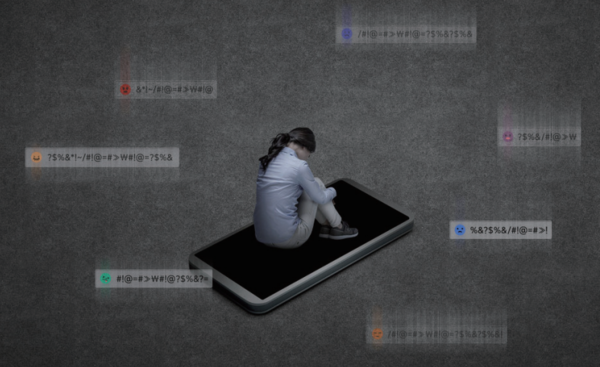
In ancient Athens, ostracism was a civic ritual in which citizens cast votes to exile a prominent figure for ten years, as a way to limit excessive power and maintain public order. Today, the spirit of ostracism lives on in cancel culture, where the Internet serves as the public square and collective judgment plays out across social media feeds. Cancel culture emerged in the 2010s as a tool of social correction, allowing marginalized voices to call out injustice and demand accountability from celebrities, politicians, and corporations. It exposed abuses that once went unchecked, from sexual harassment to discriminatory remarks, and forced those with influence to reckon with the impact of their actions. In this sense, cancel culture is a modern take on social justice, ensuring that status or fame no longer offers immunity from consequences in the current digitalized world.
Yet over time, the line between accountability and public shaming has blurred. What began as a demand for responsibility now often evolves into a spectacle of outrage, where a single mistake triggers a tidal wave of condemnation. When mass action turns into overreach, cancel culture often freezes people in their worst moments, reducing them to a headline or a hashtag and leaving no room for discussion. For example, Korea has seen cases where singers are canceled over dating rumors, actors boycotted for their controversial remarks, and public figures losing their whole careers over a single misstep on social media. Over the years, the unhealthy cancel culture in Korea has grown so intense that it has ended in several tragedies, including celebrity suicides. The speed and scale of public backlash — often driven by anonymity, sensationalist media, and instant judgment -- is creating an environment where mistakes, whether real or alleged, can become life-threatening. A call for justice can all too easily spiral into collective cruelty, a pattern that has proven to be uniquely volatile and unforgiving in the Korean digital landscape.
However, Kingos, what is truly to be sought when demanding accountability? Perhaps the answer lies not in the noise of calling out, but rather in the quieter work of calling in — a shift from punishment toward conversation, from condemnation toward possibility. When public figures stumble, the choice need not always be between silence and erasure. There is a space in between, where mistakes can be named without turning a life into a cautionary tale, where accountability can coexist with the fragile effort of becoming better. Instead of canceling those who fail, there is greater power in encouraging change — not only pointing out flaws but fostering real progress for meaningful transformation. After all, as Oscar Wilde once said, “Every saint has a past, and every sinner has a future.”
